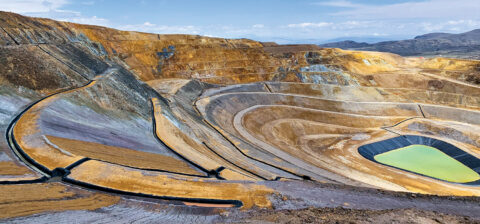Sunday Times Healthy Times
Caring For Winter Skin
Remember that your skin is your body’s largest organ. Once you think about the sheer volume of what it covers, it becomes clearer that a lot of what happens inside the body is dependent on what happens on the outside or surface of the skin. That’s according to Dr Tshidi Gule, founder of the MediSpace Lifestyle Institute, who adds that one of the most important things to remember is that the winter change in temperature affects the skin, because as temperatures drop, so do the moisture levels in the air or general environment. This decrease in moisture can cause dryness, flakiness, itchiness, and irritated or cracked skin. Gule suggests limiting exposure to extremely cold or hot environments. “There’s much debate about whether or not heaters can harm the skin, but the best advice would be to opt for warmer clothing rather than expose your skin to extreme heat such as that from a heater,” she says. “Similarly, bath or shower in lukewarm rather than very hot water, which strips the skin of its natural oils and moisture.” Those with chronic skin conditions such as eczema or psoriasis, or a known skin allergy should consult a dermatologist for recommended skin lotions and treatments during winter, as lower temperatures could exacerbate allergic reactions.
Smart skin care
Dr Judey Pretorius of the Biomedical Emporium notes that fluctuating skin behaviour calls for the introduction of seasonal products Into our skin regime, to accommodate changing skin characteristics. “This adds an extra dimension, and promotes optimal skin health,” she says. “One of the most plausible reasons we have to add extra products into our regime is to give back or take from the skin what it needs the most, or has an excess of.”
Pretorius emphasises that just because it’s winter doesn’t mean that the sunscreen should be put away – while there is less UVB around in winter, levels of UVA are still sufficient to damage skin. Gentle cleansing is a must, and skin should feel calm and hydrated after washing. If it feels tight after cleansing, the product you’re using may have disrupted your skin barrier.
Dr Riekie Smit, founder of Dr Riekie Smit’s Medical Aesthetic Centre in Pretoria, believes that it’s important to avoid using soap, not only on your face, but also on your body in winter. “Soap and gel washes work by dissolving the natural oils in your skin,” explains Smit. “Just like you cannot remove oil from your dirty dishes without dishwashing soap, soap strips the natural oils from the outer barrier layer of your skin. If these natural oils are removed, the skin dries out and becomes sensitive. Rather opt for moisturising cream or oil-based washes, especially in winter.”
If there’s one thing that all the experts agree on, however, it’s that drinking water is vital for optimal skin health in winter – so tempting though it may
be to drink lots of coffee and hot chocolate during the cold months, it’s still essential to drink eight glasses a day of plain, simple water.






 Sign-up and receive the Business Media MAGS newsletter OR SA Mining newsletter straight to your inbox.
Sign-up and receive the Business Media MAGS newsletter OR SA Mining newsletter straight to your inbox.